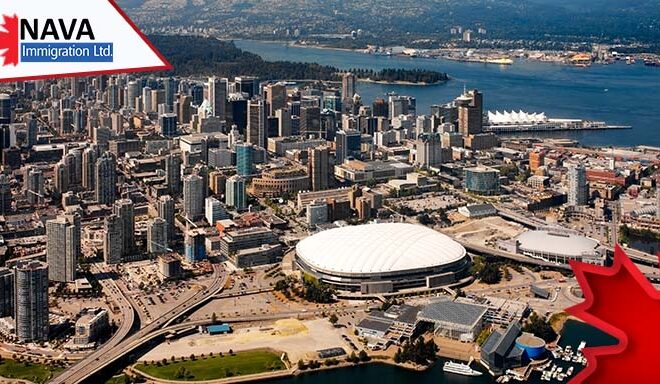The Four Types Of Canadian Citizenship Ceremonies
For newcomers in Canada, the Canadian citizenship ceremony is of utmost importance. Here are the four types of Canadian citizenship ceremonies.
Around 80% of eligible Canadian permanent residents choose to pursue citizenship in 2021 & attended a citizenship ceremony to formalize their status.
Citizenship ceremonies are momentous occasions that occur every day in Canada. Well, this is an integral ritual that commemorates an applicant’s commitment to their new home nation & nation’s commitment to them in turn.
Because of the consistent occurrence of citizenship ceremonies, & the introduction of online provisions, new Canadians can participate in multiple kinds of citizenship ceremonies. Specifically, the four types of Canadian citizenship ceremonies are:
- Reaffirmation ceremonies
- Enhanced ceremonies
- Private ceremonies
- Standard ceremonies
What Happens During A Canadian Citizenship Ceremony?
Before exploring the four types of Canadian citizenship ceremonies, reviewing what happens during such ceremonies is important.
During the ceremony, participants have to:
- Take an oath of citizenship
- Get their citizenship certificate
- Sing the national anthem
- Sign the oath or affirmation of citizenship
The citizenship judge or official will preside over the ceremony & lead the Oath of Citizenship. Generally, multiple people will take the oath of citizenship at once. The ceremony official will recite the oath in English & French. As a group, people repeat the words of the oath in at least one of the official languages but are encouraged to say them in both. In addition, participants will also be invited to sing the bilingual version of the national anthem.
New citizens can choose to swear or affirm the oath. Choosing to swear is for people who want to refer to their religious beliefs while choosing to affirm is for people who do not wish to refer to religious texts. If individuals wish to swear on a holy book of their choosing, they should bring it to the ceremony with them.
Once participants have taken the Oath of Citizenship, they have officially become Canadian citizens. Moreover, IRCC will provide a citizenship certificate as proof of Canadian citizenship status, which will display the ceremony’s date.
Standard Citizenship Ceremonies
A standard in-person ceremony takes place either in a ceremony room at the local IRCC office or at an alternate location if the local office venue is insufficient or unavailable. Alternatively, this can also be done online in a standard video oath ceremony, which is conducted using video conference meeting software.
Extra elements can be incorporated into a standard in-person standard ceremony. For instance, children who are present may be invited to gather at the front of the room to sing the national anthem or be acknowledged for their future leadership in Canada. Following the oath of citizenship, new citizens might be encouraged to congratulate one another.
It is vital to note that the inclusion of one or more of the following additional elements does not categorize the ceremony as ‘enhanced’:
- The participation of children
- Special speaking points for the preceding official: the presence of elected officials
- Indigenous guest speakers
- Media representatives
- Royal Canadian Mounted Police or Canadian Armed Force member
Enhanced Citizenship Ceremonies
An enhanced ceremony is when a standard ceremony is held with one or more of the following elements also featured:
- One or more external partners or host organizations, like non-profit organizations, educational institutions, or service organizations
- Special guest appearances, like those featuring the president of a host organization, school principal, special performers, indigenous performers, etc.
- High-ranking officials, like the prime ministers of Canada, the minister of IRCC, the governor-general, a lieutenant governor, and a designated speaker, excluding elected officials, veterans, members of RCMP, etc.
Private Citizenship Ceremonies
Private ceremonies are those selected for the public, specifically for family or individuals. These can be conducted in specific situations, including:
- Terminally ill applicants who are unable to travel
- A special grant under subsection 5(4) of the Citizenship Act
- Other urgent or extenuating circumstances
Reaffirmation Ceremonies
A reaffirmation ceremony is an official occasion where patriotic Canadians recite the citizenship oath to express their dedication to Canada.
It is possible for anyone to arrange such a ceremony in their community, workplace, or educational institution. The individual leading the group in reciting the citizenship oath does not require authorization from the Registrar of Citizenship to fulfill this role. This person can be a citizenship judge, a recipient of the Order of Canada, a school principal, or a leader of a community group.





